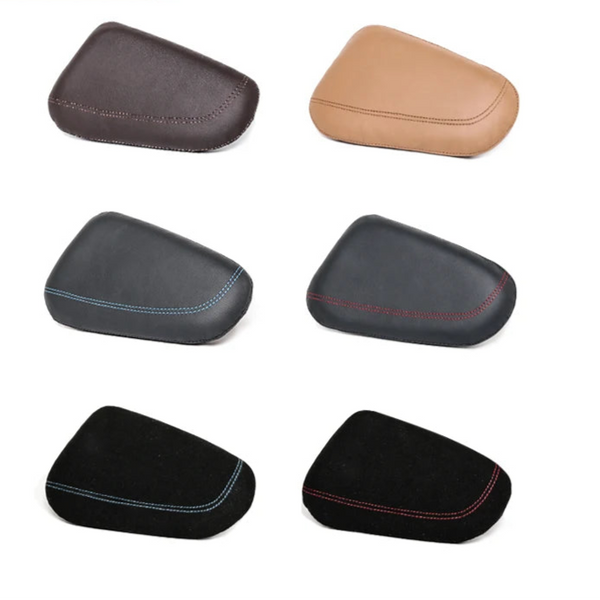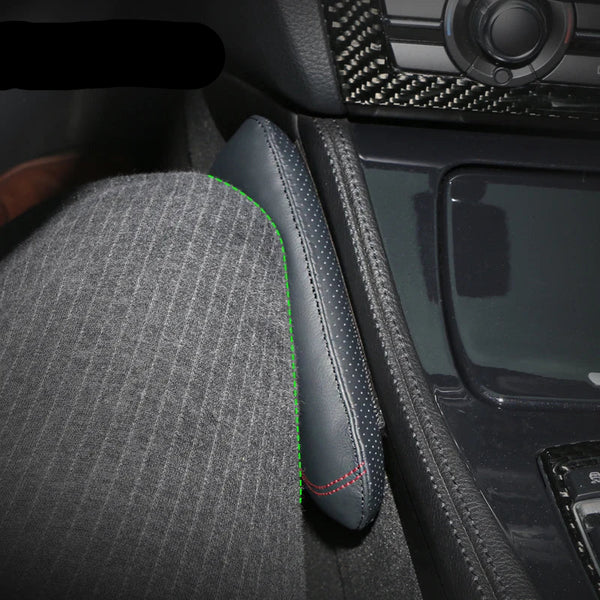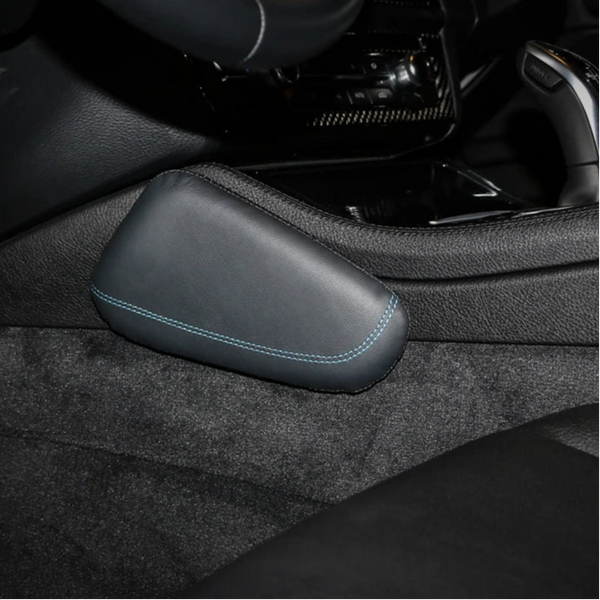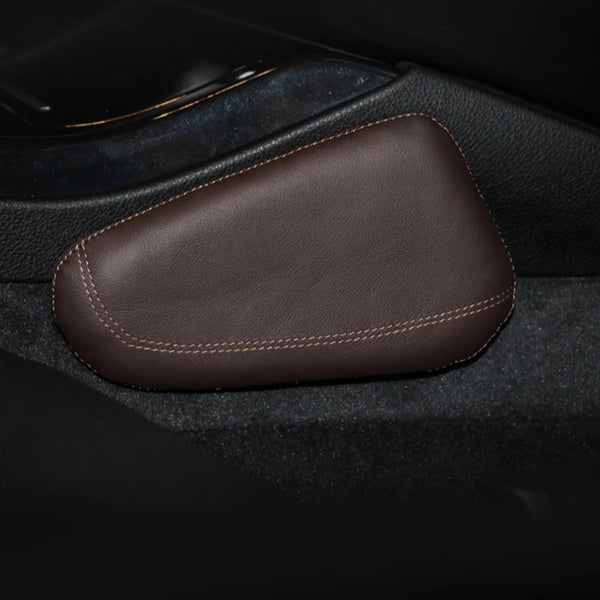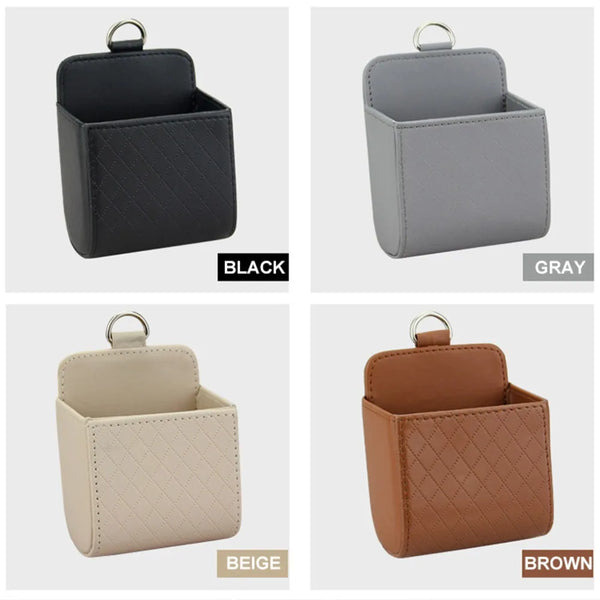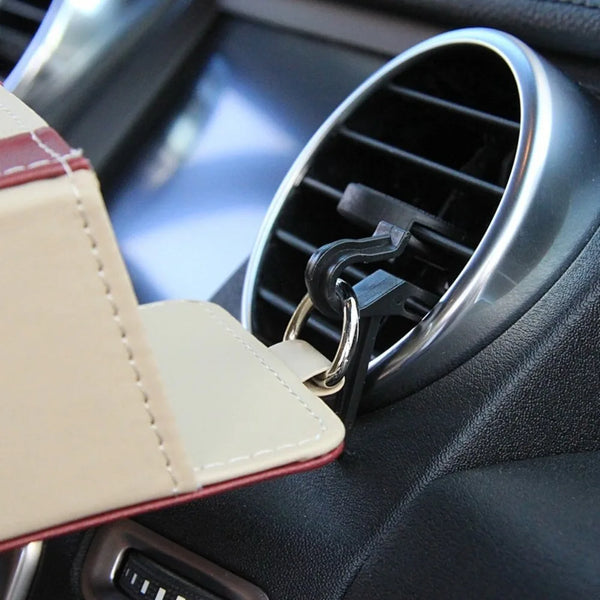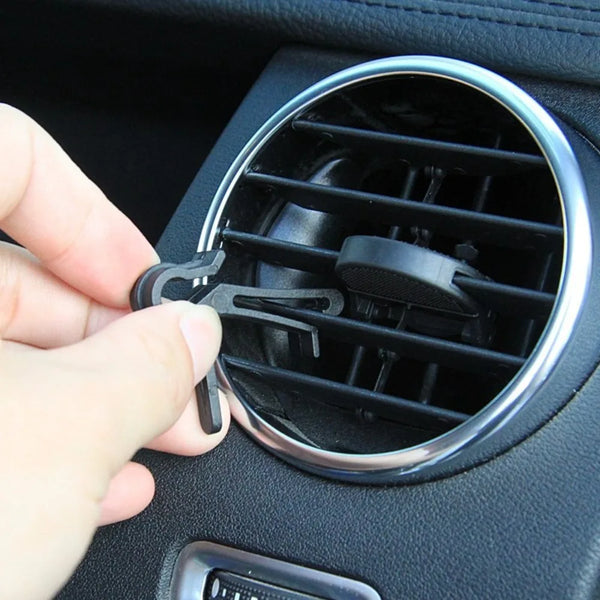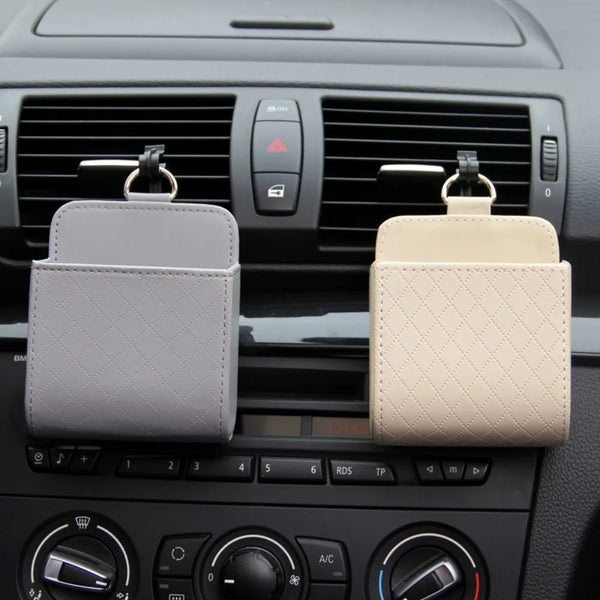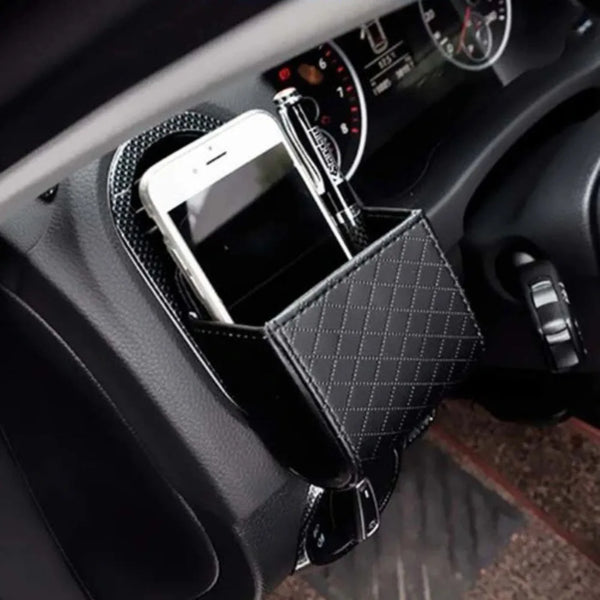We’ve all felt it — that rush of excitement when something catches our eye. A flash sale. A sleek product. A “limited time only” banner. But before you hit “Buy Now,” ask yourself: is this what I really want?
Impulse buying may feel good in the moment, but it rarely delivers lasting satisfaction. Strategic buying, on the other hand, rewards patience, clarity, and long-term value. As the old saying goes: “Good things come to those who wait.”
⚠️ The Cost of Instant Gratification
Impulse purchases are often triggered by emotion — excitement, boredom, stress, or the desire to feel rewarded. According to Wispri research, the average consumer spends over $2,200 a year on impulse buys. That’s money that could go toward meaningful investments, experiences, or products that truly align with your goals.
Impulse buying also leads to regret. A study from Verywell Mind shows that many people return impulsive purchases or feel disappointed once the initial thrill fades.
🧠 Strategic Buying Builds Anticipation — and Satisfaction
Strategic buying means slowing down, researching, and asking:
• Do I really need this?
• Does it align with my values or lifestyle?
• Will I still want it tomorrow?
This pause creates space for anticipation — and that’s powerful. Neuroscience shows that delayed gratification activates deeper reward centers in the brain, leading to more lasting pleasure A.
Waiting also gives you time to compare prices, read reviews, and make sure the product fits your needs. It’s not just smart — it’s empowering.
🚗 RideWithChuck’s Take
At RideWithChuck, we believe your car should reflect your vibe — not your impulse. Whether it’s a comfort upgrade or a style statement, the best accessories are the ones you choose with intention.
So next time you’re tempted to buy on a whim, remember: good things come to those who wait. And when you’re ready, we’ll be here with gear that’s worth the wait.
Sources:
• Wispri – Impulse Buying vs. Strategic Shopping
• Verywell Mind – Impulsive vs. Compulsive Shopping
• Neurolaunch – Impulse Buying Psychology



